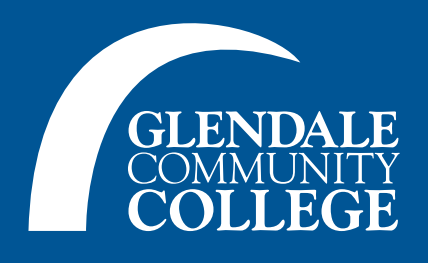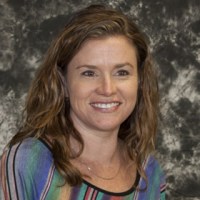Course name
Life in the Universe (AST 106)
- Inspark Offering: HabWorlds
- Discipline: Astronomy
- Teaching Mode: Blended
- Number of Students: Classes of 50
What She Needed
As an astronomy professor, Sally Watt is strongly of the belief that a strictly lecture-based class is not the best way to learn science. The lecture model doesn’t provide an authentic experience with science, and it’s boring for herself and students.
Sally Watt was interested in introducing more innovative education solutions to her class. She wanted something that would give her the freedom to set aside more time for activities and group work, engaging students with the material and allowing her to walk around the classroom, answer questions, and provide pointed feedback.
Her Solution
While looking for a way to spend less time lecturing and more time interacting with students in a meaningful way, Professor Watt found HabWorlds. The course follows an astrobiology storyline, teaching students about the Drake Equation. They go on a journey to answer questions about life in the universe: What do we know? What don’t we know? How can we find the answers?
“The trend in astronomy lately has been to make students do the conceptual, but not the math. HabWorlds has forced me to go back to the math — and I’m finding that students can do it. They are definitely developing the skills to mathematically solve these problems.”
After mapping the individual adaptive lessons from the fully online course to her pre-existing learning objectives, Watt switched her course to a flipped classroom model. Students start learning the core concepts by completing online lessons before coming to class, and face-to-face class time is reserved for Watt to dive deeper into the material, correct misconceptions, walk students through more difficult math, and lead advanced activities.
Watt’s favorite part of the HabWorlds course is the interactive simulations. Students learn astronomy by doing astronomy. They can adjust their experiments to freeze a planet, explode a star, and figure out what’s really going on behind the science equations, instead of just being told to memorize information.
The Results
HabWorlds is helping students see the big picture, understand how all the information they’re learning fits together, and figure out what’s really important. The narrative and scientifically accurate simulations provide tangible, real-world context so they see how the course material relates to their life — which a traditional class doesn’t do.
Thanks to the extra time spent on activities and scientific math, students are cultivating a deeper, more meaningful understanding of the discipline. Watt has also noticed that students are developing better critical thinking skills that empower them to evaluate exactly what they’re doing and persevere through problems.
“Just last week I had a student working on the final project… I walked him through the full derivation of the math equation and he got it. This is a 100-level student, not majoring in astronomy, has never taken physics — and he actually understood where that equation came from!”
After adopting HabWorlds, Watt joined the Inspark Network and has helped continuously improve the course by providing feedback and recommendations for future development. “It’s been kind of fun, actually, to be able to steer the direction of the course,” she says.

